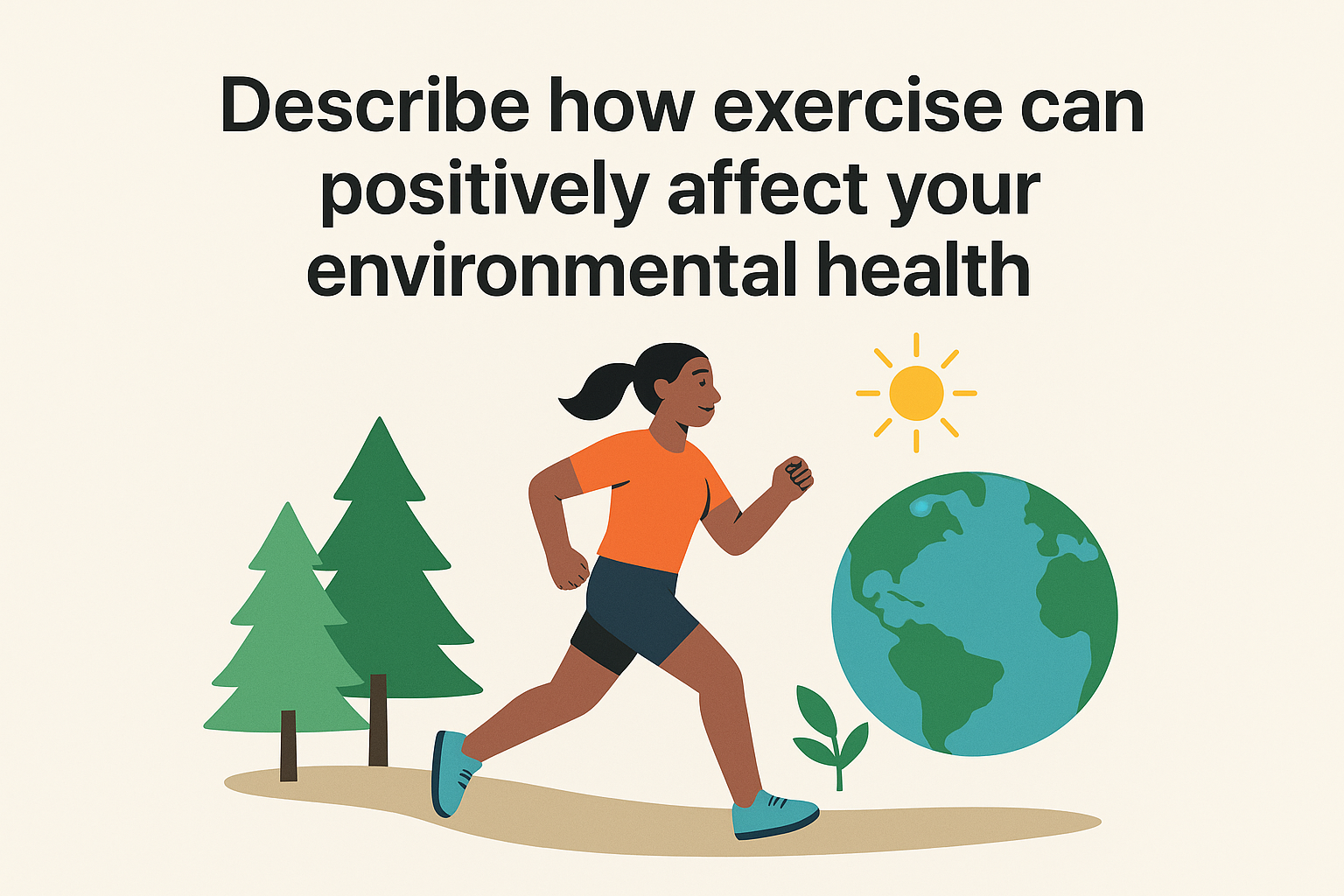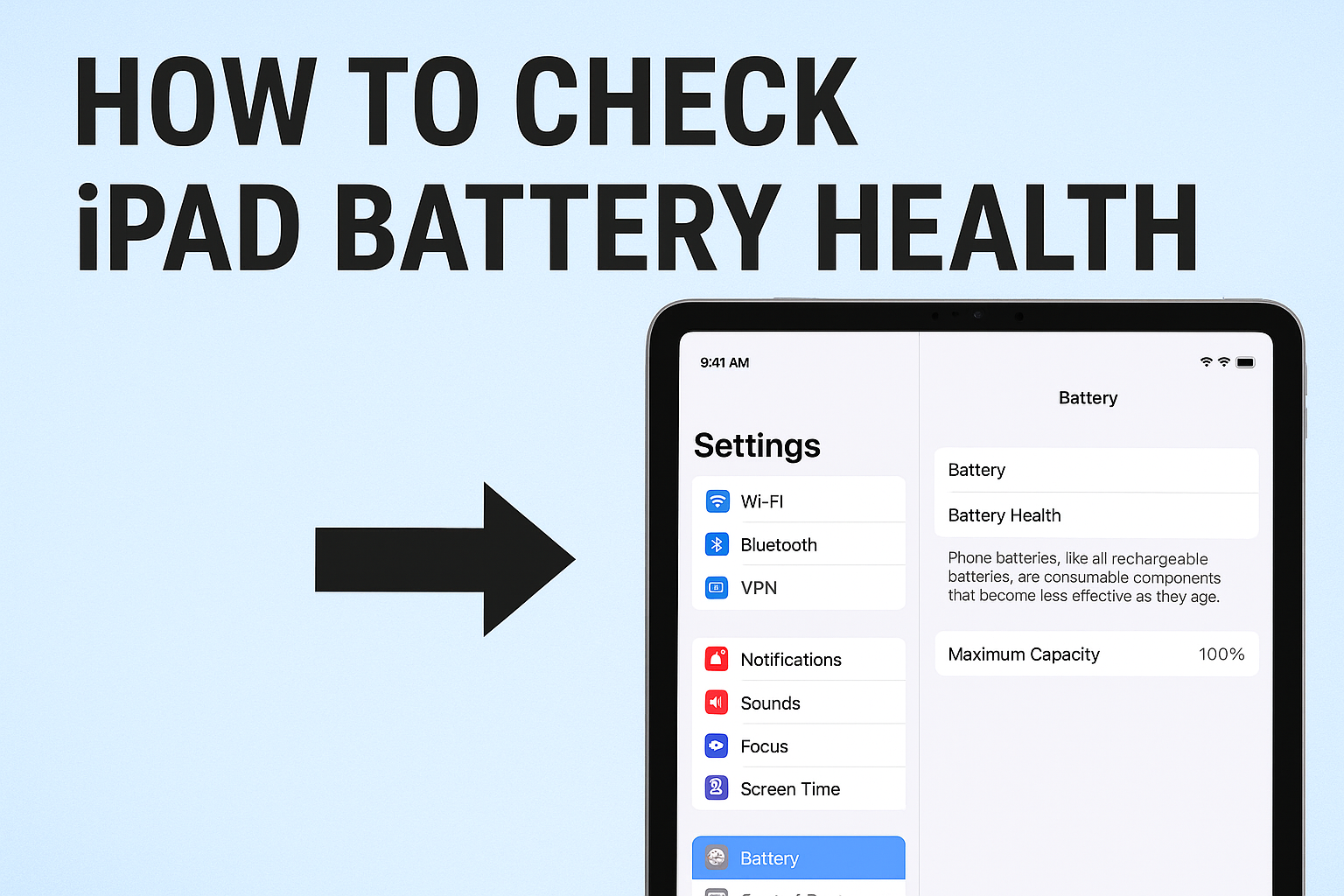
Introduction to the Ketogenic Diet
Are you ready to embark on a journey that could potentially revolutionize your health and transform your body? If so, then the ketogenic diet may be just what you’re looking for! In recent years, this low carbohydrate, high fat eating plan has gained immense popularity among those seeking to shed excess weight and improve their overall well-being. But what exactly is the keto diet? How does it work? And most importantly, is it right for you? In this blog post, we will delve deep into the world of keto and uncover all its secrets. So sit back, relax, and prepare to discover a whole new way of eating that might just change your life forever!
The History and Origins of the Keto Diet
The keto diet may seem like a recent health trend, but its origins can be traced back several decades. The ketogenic diet was initially developed in the 1920s as a therapeutic approach to managing epilepsy in children. It was discovered that by drastically reducing carbohydrate intake and increasing fat consumption, epileptic seizures could be reduced or even eliminated.
This groundbreaking discovery led to further research on the benefits of ketosis, which is the metabolic state achieved through the keto diet. Ketosis occurs when the body begins to burn stored fat for fuel instead of relying on carbohydrates. This shift in metabolism has been found to have numerous health benefits beyond epilepsy management.
Over time, scientists and researchers began exploring how the keto diet could be applied to other health conditions such as diabetes, obesity, and even certain types of cancer. The results were promising, leading many people to adopt this low-carb, high-fat eating plan for weight loss and overall wellness.
Today, the popularity of the keto diet continues to grow as more individuals discover its potential benefits. However, it’s important to note that while there is significant scientific evidence supporting its efficacy for specific conditions like epilepsy and type 2 diabetes, more research is needed regarding long-term effects and sustainability for general use.
In conclusion: Understanding the history and origins of the keto diet provides valuable insight into why it has gained traction in recent years. From its beginnings as a therapeutic tool for managing epilepsy to its current applications in weight loss and overall wellness, this low-carb lifestyle has come a long way since it first emerged nearly a century ago. As with any dietary approach or lifestyle change, it’s essential to consult with healthcare professionals before embarking on a ketogenic journey
How Does the Keto Diet Work?
How Does the Keto Diet Work?
The ketogenic diet, or keto diet for short, is a low-carb, high-fat eating plan that has gained popularity in recent years. But how does it actually work? Let’s take a closer look.
When you follow the keto diet, you drastically reduce your carbohydrate intake and replace it with fat. This shift in macronutrient consumption puts your body into a state of ketosis. Ketosis occurs when the body doesn’t have enough glucose to use as fuel and starts breaking down stored fat for energy instead.
By limiting carbs and increasing fat intake, you’re essentially forcing your body to become more efficient at burning fat for fuel. This can lead to significant weight loss over time.
Additionally, the keto diet can help regulate blood sugar levels and insulin sensitivity due to its low-carbohydrate nature. This may be especially beneficial for individuals with diabetes or insulin resistance.
Furthermore, research suggests that the keto diet may have neuroprotective properties and could potentially improve cognitive function and mental clarity.
While there is still much debate surrounding the long-term effects of this eating plan, many people report increased energy levels and improved overall well-being while following a ketogenic lifestyle.
It’s important to note that individual results may vary when it comes to the keto diet. It’s always advisable to consult with a healthcare professional before making any significant changes to your dietary habits.
Benefits of the Ketogenic Diet
Benefits of the Ketogenic Diet
1. Weight Loss: One of the main reasons people turn to the ketogenic diet is for its ability to promote weight loss. By restricting carbohydrates and increasing healthy fats, your body enters a state of ketosis where it burns fat for fuel instead of glucose. This can lead to significant reductions in body weight and waist circumference.
2. Increased Energy Levels: When you’re on a keto diet, your body becomes efficient at using fat for energy. This can result in improved energy levels throughout the day and fewer crashes or dips in energy that are commonly associated with high-carb diets.
3. Mental Clarity: The keto diet has been shown to have positive effects on brain health and cognitive function. Many individuals report increased mental clarity, focus, and concentration when following a ketogenic eating plan.
4. Reduced Inflammation: Chronic inflammation is believed to contribute to many diseases such as heart disease, diabetes, and certain types of cancer. Studies have indicated that the keto diet may help reduce inflammation markers in the body.
5. Improved Blood Sugar Control: By cutting out carbs and sugar from your diet, you can stabilize blood sugar levels which is beneficial for those with diabetes or insulin resistance.
6. Enhanced Heart Health: The ketogenic diet encourages consumption of heart-healthy fats like avocados, nuts, seeds, olive oil, and fatty fish which can help improve cholesterol levels by raising HDL (good) cholesterol while lowering LDL (bad) cholesterol.
7. Appetite Suppression: Due to its high-fat content and low carbohydrate intake, a keto lifestyle can naturally suppress appetite by keeping you feeling full for longer periods.
8.
Greater Physical Endurance : Athletes who follow a ketogenic eating plan often report increased endurance during their workouts due to their bodies efficiently utilizing stored fat as an energy source rather than relying solely on glycogen stores.
It’s important to note that individual experiences may vary when it comes to the benefits of the ketogenic diet. It’s always best to consult
Potential Risks and Side Effects of the Keto Diet
Potential Risks and Side Effects of the Keto Diet
While the ketogenic diet has gained popularity for its potential to aid in weight loss and improve certain health conditions, it is important to be aware of the potential risks and side effects that can accompany this eating plan. Here are some factors to consider before embarking on a keto journey.
One common side effect experienced by many individuals on a keto diet is known as the “keto flu.” This temporary condition typically occurs during the initial phase of transitioning into ketosis. Symptoms may include fatigue, headache, irritability, dizziness, nausea, and constipation. However, these symptoms usually subside after a few days or weeks as your body adapts to using fat for fuel.
Another risk associated with the keto diet is nutrient deficiencies. Since this eating plan restricts certain food groups like fruits, grains, and legumes which are rich in vitamins and minerals, it’s essential to ensure you’re getting adequate nutrients from other sources such as low-carb vegetables and supplements if necessary.
Additionally, long-term adherence to a strict ketogenic diet may raise concerns about heart health due to its high intake of saturated fats. While there is conflicting research on this topic, it’s important to consult with a healthcare professional before making any drastic dietary changes.
Moreover, individuals with certain medical conditions such as pancreatitis or liver disease should avoid following a ketogenic diet without proper medical supervision. The high-fat content can put extra strain on these organs and potentially worsen symptoms or complications.
Lastly but not leastly (is acceptable), maintaining social relationships while adhering strictly to a keto lifestyle can sometimes pose challenges. Dining out or attending social gatherings where carb-rich foods are often served might require careful planning and communication with friends/family members who might not understand your dietary choices fully.
In conclusion (unclear tone), while the ketogenic diet has shown promising results for many individuals seeking weight loss or improved health outcomes when followed correctly, it is crucial to consider the potential risks and side effects associated with this
Getting Started on a Keto Diet: Step by Step Guide
Getting Started on a Keto Diet: Step by Step Guide
So, you’ve decided to embark on a keto diet journey? Congratulations! This low-carb, high-fat eating plan has gained immense popularity for its potential health benefits and weight loss results. But where do you begin? Don’t worry, I’m here to guide you through the steps of getting started on a keto diet.
Step 1: Educate Yourself
Before diving into any new lifestyle change, it’s vital to understand the ins and outs. Take some time to research what the keto diet is all about. Familiarize yourself with its principles, food restrictions, and potential side effects.
Step 2: Clean Out Your Pantry
To set yourself up for success, rid your pantry of foods that are not keto-friendly. Say goodbye to sugary snacks, refined grains, and processed foods. Stock up on staples like healthy fats (avocado oil or coconut oil), protein sources (such as eggs or lean meats), non-starchy vegetables (spinach or broccoli), and nuts/seeds.
Step 3: Plan Your Meals
Meal planning is crucial when starting a keto diet. Make sure each meal consists of adequate fat content while keeping carb intake low. Include plenty of nutrient-dense vegetables in your meals along with moderate amounts of protein from lean sources.
Step 4: Track Your Macros
Tracking your macronutrient intake helps ensure you’re staying within the recommended ranges for ketosis. Aim for approximately 70-75% calories from fat, 20-25% from protein, and only around 5% from carbs daily.
Step 5: Stay Hydrated
Hydration is essential during any dietary change but especially important when following a ketogenic lifestyle. Drink plenty of water throughout the day to stay properly hydrated and support overall well-being.
Remember that everyone’s body responds differently to diets; be patient with yourself during this transition. It’s also important to consult with a healthcare professional or registered dietitian
Sample Meal Plan for a Week on a Keto Diet
Sample Meal Plan for a Week on a Keto Diet
Planning your meals is crucial when following a ketogenic diet. By carefully selecting the right ingredients and proportions, you can ensure that your body stays in ketosis and reaps all the benefits of this low-carb, high-fat eating plan. Here’s an example of what a week’s worth of meals on a keto diet might look like.
Breakfast: Start your day with an omelette filled with veggies like spinach, mushrooms, and cheese. Add some avocado slices on the side to increase healthy fats.
Lunch: Enjoy a refreshing salad topped with grilled chicken or salmon, paired with olive oil and vinegar dressing. Sprinkle some nuts or seeds for added crunch.
Snack: Munch on some celery sticks dipped in almond butter or enjoy a handful of mixed nuts to keep hunger at bay between meals.
Dinner: Savor grilled steak or salmon served alongside steamed broccoli drizzled with melted butter. Include cauliflower rice as a low-carb alternative to traditional grains.
Dessert: Treat yourself to sugar-free dark chocolate squares or indulge in homemade keto-friendly cheesecake made with almond flour crust.
Remember to adjust portion sizes according to your individual needs and goals. This sample meal plan provides just one example of how you can structure your meals while following the keto diet. Get creative by experimenting with different recipes and flavors to keep things interesting!
Stay tuned for more tips on successfully maintaining a keto lifestyle!
Tips for Successfully Maintaining a Keto Lifestyle
Tips for Successfully Maintaining a Keto Lifestyle
1. Stay Consistent: One of the key factors in maintaining a keto lifestyle is consistency. Stick to your meal plan and resist temptations to stray from the diet. This will help your body stay in ketosis and continue burning fat for energy.
2. Plan Ahead: Planning your meals in advance can make it easier to stick to the keto diet. Take some time each week to create a meal plan, grocery shop, and prep your meals ahead of time. Having healthy, keto-friendly options readily available will reduce the chances of reaching for non-compliant foods.
3. Monitor Your Macros: Tracking your macronutrient intake is essential on a keto diet. Keep an eye on your daily carb, protein, and fat intake to ensure you’re staying within the recommended ranges.
4. Stay Hydrated: Drinking enough water is important for overall health but becomes even more crucial when following a keto diet. Proper hydration helps support digestion, metabolism, and can also help combat common side effects such as constipation or headaches.
5. Prioritize Healthy Fats: While fats are encouraged on a ketogenic diet, it’s important to choose healthy sources such as avocados, nuts, seeds,
and oils like olive oil or coconut oil over processed or unhealthy fats.
6.
Experiment with Recipes: The internet is filled with delicious keto recipes that can keep you excited about sticking with this way of eating.
Experimenting with new recipes not only adds variety but also makes sure you enjoy your food while achieving ketosis goals.
7.
Seek Support: Joining online communities or finding local support groups can be invaluable when trying to maintain a keto lifestyle.
Connecting with others who share similar experiences can provide motivation,
accountability,and tips for overcoming challenges along the way
Frequently Asked Questions about the Keto Diet
Frequently Asked Questions about the Keto Diet
Q: Can I lose weight on the keto diet?
A: Yes! One of the main reasons people turn to the ketogenic diet is for weight loss. By restricting carbohydrates and increasing fat intake, your body enters a state of ketosis, where it starts burning stored fat for energy instead of glucose.
Q: Is it safe to follow a keto diet long-term?
A: While many people have successfully followed the keto diet for extended periods, it’s important to consult with a healthcare professional before making any drastic changes to your eating habits. They can help assess if this type of diet is suitable for you and monitor any potential risks or nutrient deficiencies.
Q: Will I experience side effects when starting a keto diet?
A: It’s common to experience some temporary side effects when transitioning into ketosis. This includes symptoms like fatigue, dizziness, and headaches (often referred to as “keto flu”). These usually subside within a few days as your body adapts.
Q: Can I still eat fruits and vegetables on a keto diet?
A: While fruits are generally higher in natural sugars and carbohydrates, there are low-carb options such as berries that can be enjoyed in moderation on a ketogenic diet. Vegetables that grow above ground tend to be lower in carbs and can be incorporated into meals.
Q: Do I need supplements while following a keto lifestyle?
A: It’s possible to meet all your nutrient requirements through whole foods while following a well-balanced ketogenic diet. However, some individuals may benefit from supplementing certain nutrients like electrolytes or omega-3 fatty acids. Consulting with a healthcare professional or registered dietician can provide personalized guidance here.
Remember, everyone’s body is unique, so what works for one person may not work for another. It’s essential to listen to your body and make adjustments accordingly while embarking on your ketogenic journey!
Conclusion
Conclusion
The ketogenic diet is a low-carb, high-fat eating plan that has gained popularity in recent years. It was originally developed to help individuals with epilepsy manage their condition, but it has since been adopted by many people as a way to lose weight and improve overall health.
By drastically reducing carbohydrate intake and increasing fat consumption, the body enters a state of ketosis where it burns fat for fuel instead of carbohydrates. This can lead to rapid weight loss and increased energy levels.
While the keto diet offers numerous benefits such as improved mental clarity, reduced inflammation, and stabilized blood sugar levels, it may not be suitable for everyone. It’s important to consult with a healthcare professional before starting any new diet or making significant changes to your eating habits.
If you decide to give the keto diet a try, remember that consistency is key. It can take some time for your body to adapt to using fat as its primary source of fuel, so don’t get discouraged if you experience initial side effects such as fatigue or “keto flu.” With proper planning and adherence to the guidelines outlined in this article, you can successfully transition into a keto lifestyle.
Remember that every individual is unique, so what works for one person may not work for another. Listen to your body and make adjustments as needed. And most importantly, don’t forget about balance – incorporating nutrient-rich foods from all food groups is essential for long-term health.
So whether you’re looking to shed those extra pounds or simply want to explore a new approach towards nutrition and wellness, consider giving the ketogenic diet a try – just be sure to do your research beforehand and approach it with caution!
Happy keto journey!





